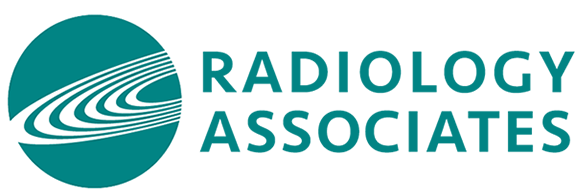February is all about hearts and flowers. Which is why this month been designated American Heart Month, drawing attention to the fact that heart disease is this country’s number one cause of death among men and women.
More than two thousand people living in the US die each day from heart disease, and another 6 million are dealing with heart failure. Some heart failure is in people’s genes, a legacy passed down from one generation to the next, but about 80% of cases can be prevented or significantly delayed with healthier lifestyle choices.
Get the Appropriate Heart Health Tests
Catch cardiac diseases and disorders before they result in heart failure or a fatal event. If you have a family history of heart disease or any unexplained chest pain, tightness or pressure; chest pain during physical exertion (angina); chronic shortness of breath; unexplained fatigue, dizziness or nausea; pain, numbness, weakness or coldness in your legs or arms; pain in your neck, jaw, throat, upper abdomen or back; arrhythmia; or had a poor result from a stress test or coronary calcium score, talk to your medical provider about cardiac imaging. Don’t put it off, because, caught early, most cases of heart disease can be prevented, reversed or effectively managed.
RAI and our Board Certified subspecializing radiologists are dedicated to the early discovery of heart disease to prevent and manage problems before they become life altering, or worse, fatal. Our array of advanced imaging services is designed to assess cardiac disease and coronary artery stenosis so that appropriate steps can be taken to prevent heart failure and arrest. RAI’s heart health diagnostic testing includes:
Coronary computed tomography angiography (CCTA): sees deep inside coronary arteries to discover plaque build-up so blockage – and heart attack – can be prevented.
Ultrasound: uses high frequency sound waves to produce images of early heart disease and damage without radiation or contrast dye.
Echocardiography: considered one of the most useful tools in diagnosing and evaluating heart failure, the echo test measures ventricular function, structural issues and critical markers involved in heart disease.
Cardiac MRI: reveals detailed images of the heart and its valves, enabling diagnosis of the type and severity of heart disease, as well as any damage to the heart.
Myocardial perfusion scan: also called a nuclear stress test, this scan utilizes a tiny amount of injectable radioactive material that travels through the bloodstream to reveal blood flow during exercise and reveal early signs of heart damage.
Cardiac nuclear medicine: uses radioactive material to highlight and evaluate the heart for coronary artery and heart disease.
All imaging results are interpreted and shared with your clinician by RAI’s cardiac-trained radiologists, for safety, security and accuracy you can count on.
Show your heart some love today. By taking good care of it, it can take good care of you for a long time.

